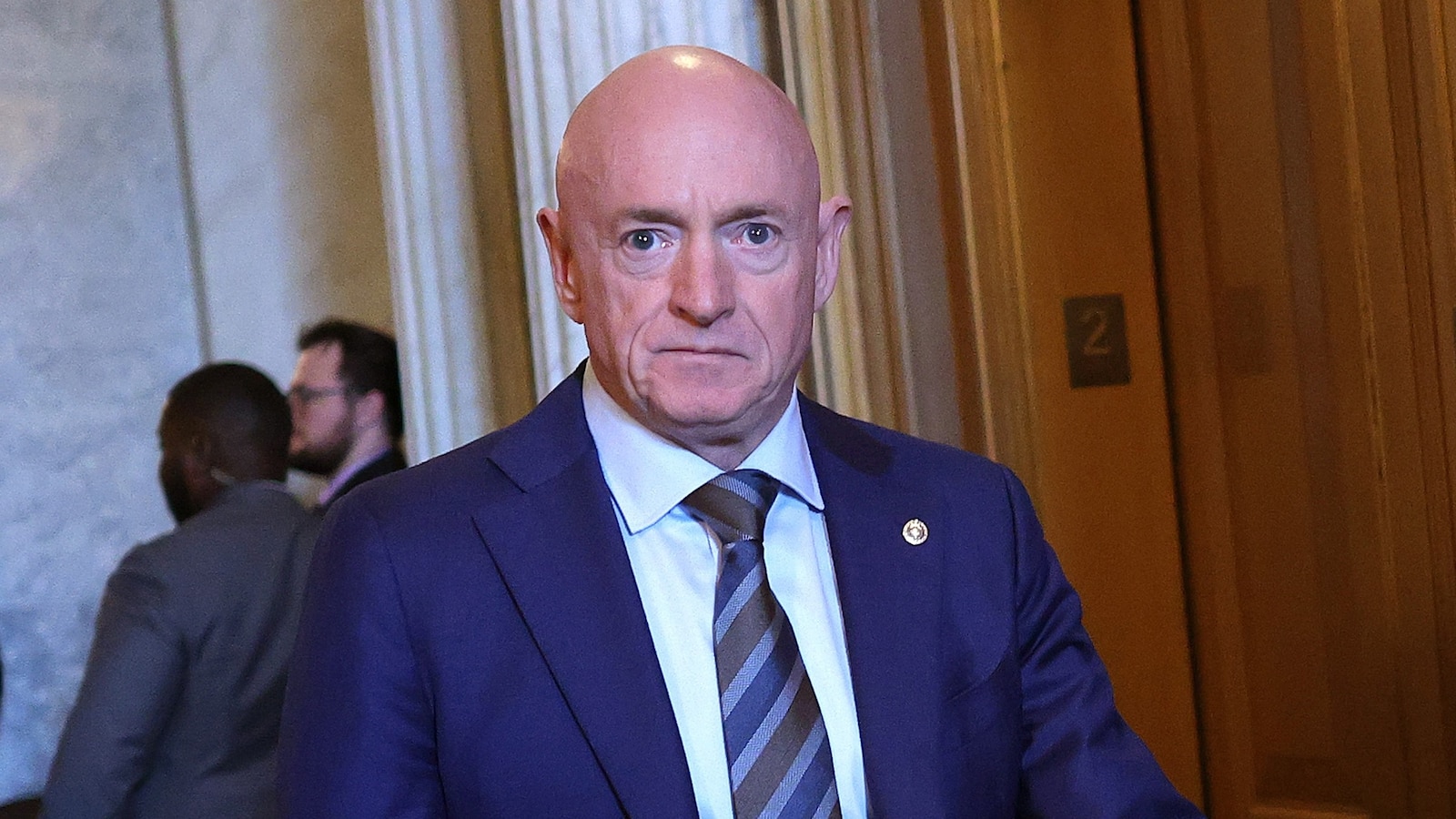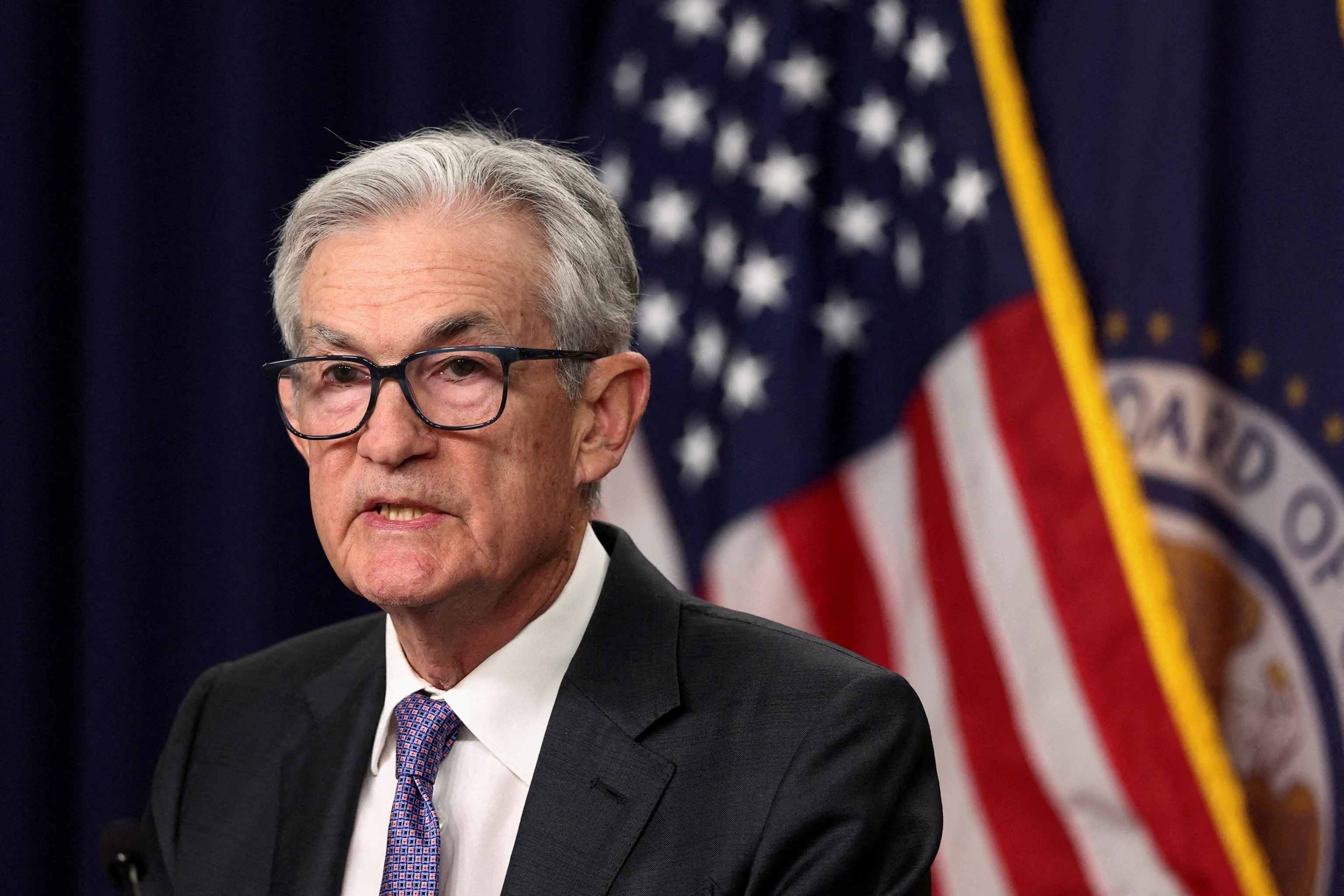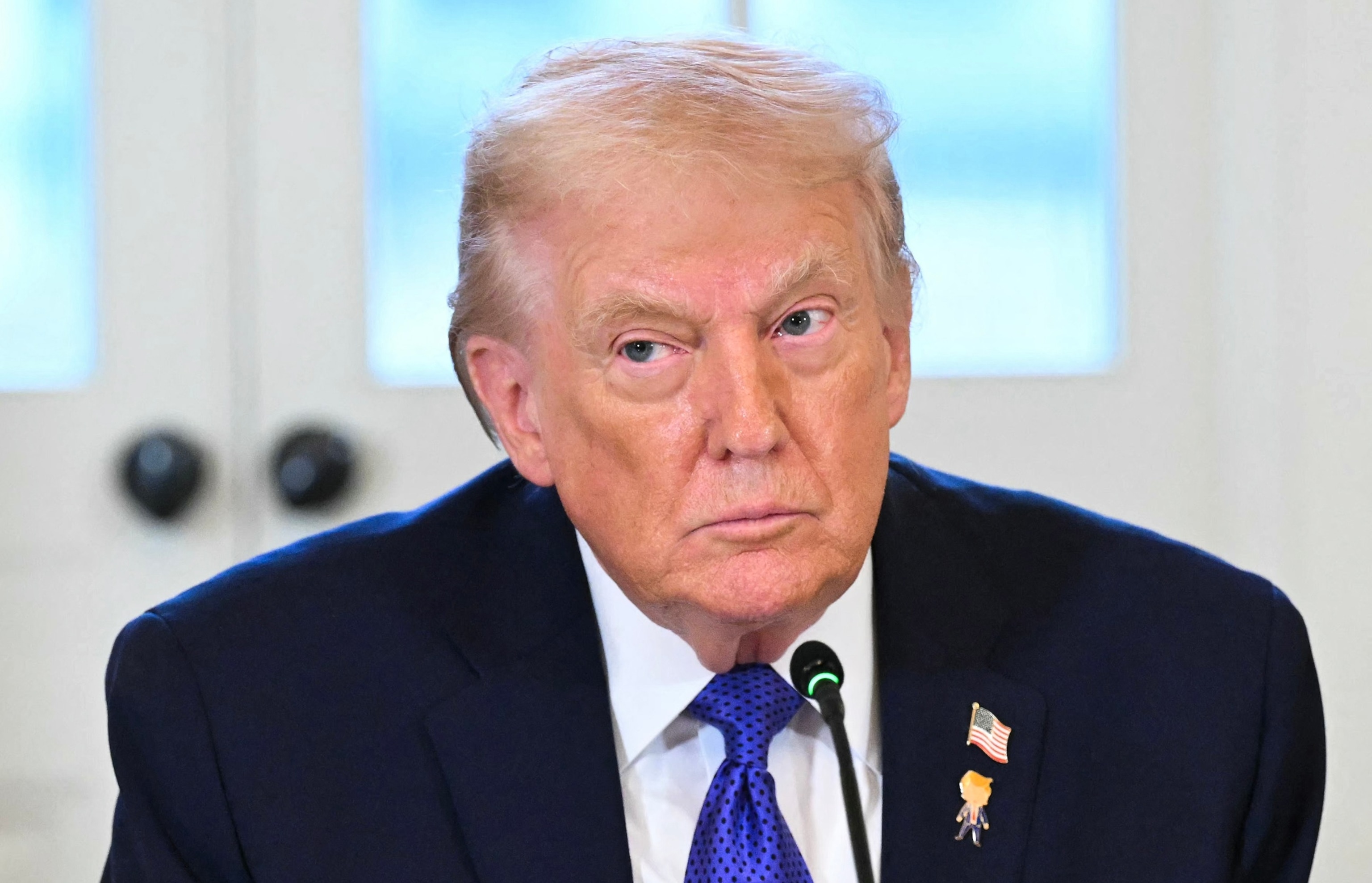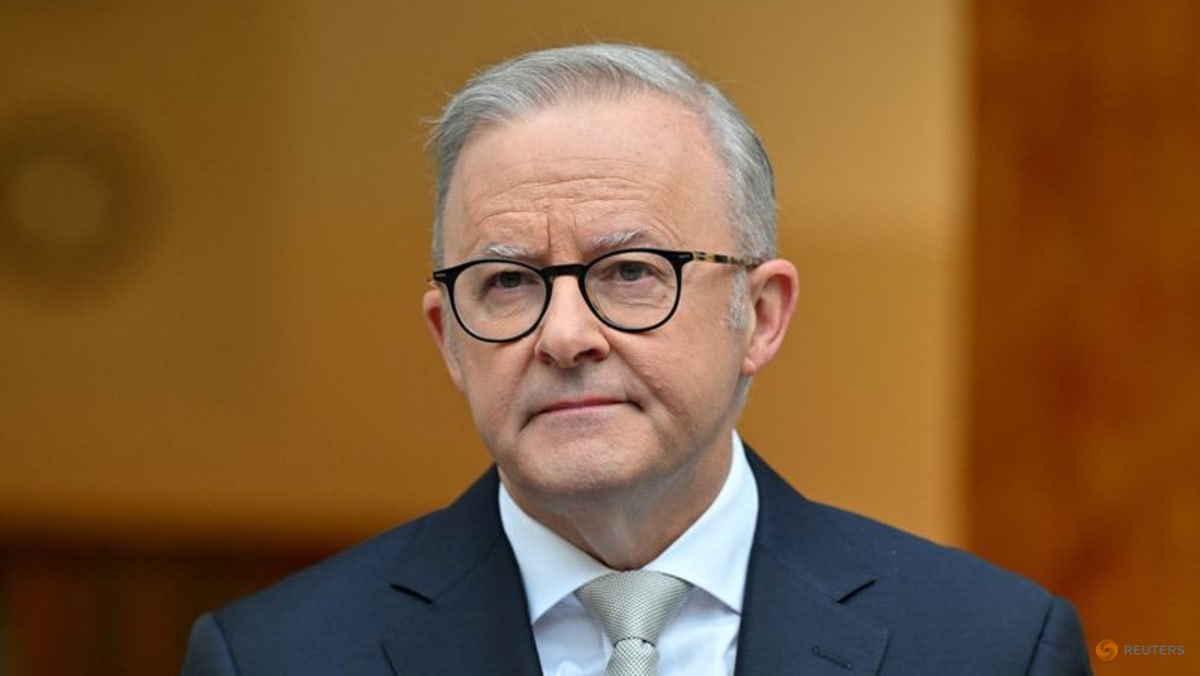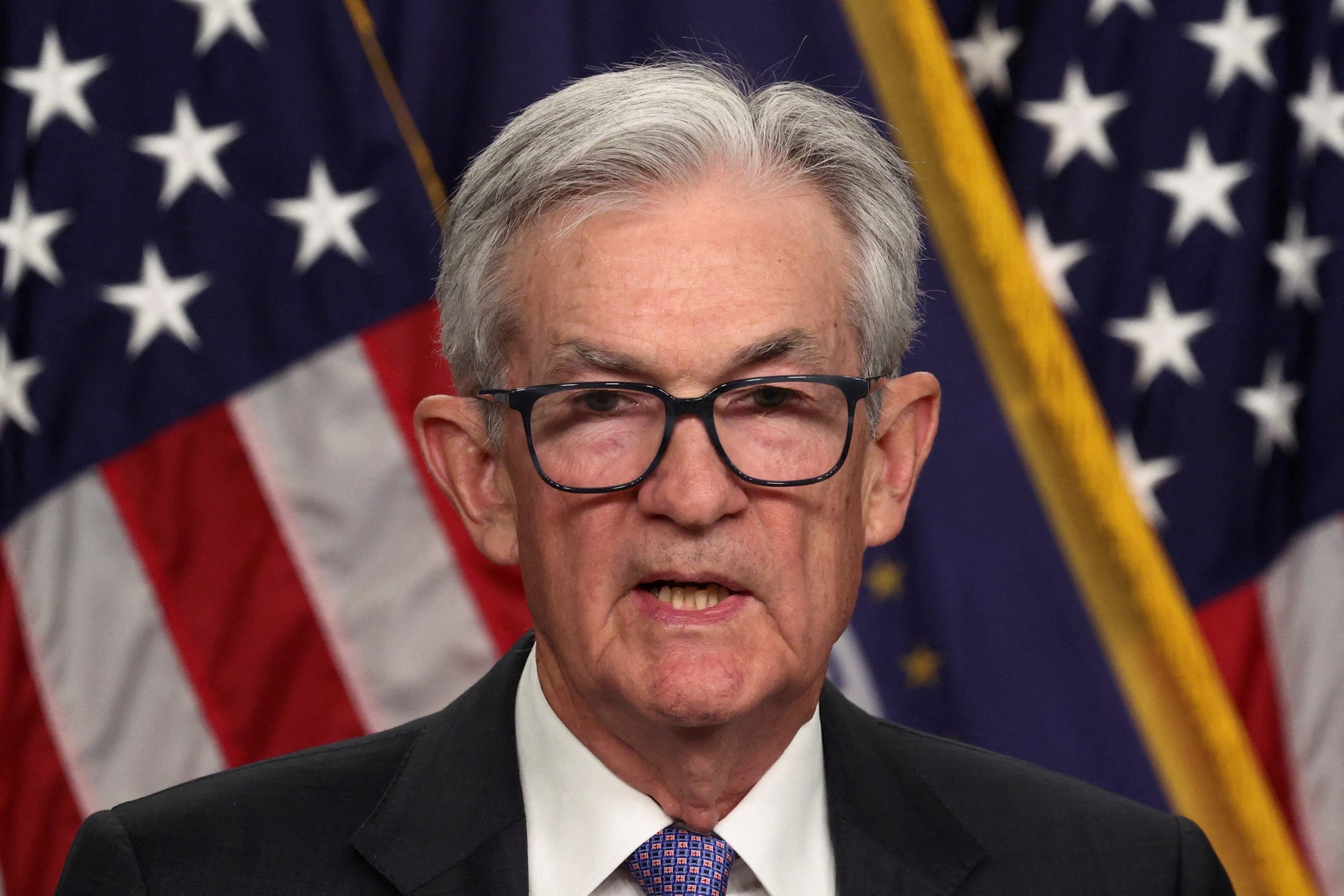Social media companies slam Australia’s under 16 ban

A Snapchat spokesperson said the company had raised “serious concerns” about the law and that “many unanswered questions” remained about how it would work.
But the company said it would engage closely with the government to develop an approach balancing “privacy, safety and practicality”.
“As always, Snap will comply with any applicable laws and regulations in Australia,” it said.
UNICEF Australia policy chief Katie Maskiell said young people need to be protected online but also need to be included in the digital world.
“This ban risks pushing children into increasingly covert and unregulated online spaces as well as preventing them from accessing aspects of the online world essential to their wellbeing,” she said.
Leo Puglisi, a 17-year-old online journalist based in Melbourne, was critical of the legislation.
He founded streaming channel 6 News, which provides hourly news bulletins on national and international issues, in 2019 at the age of 11.
“We’ve been built up by having 13 to 15-year-olds see 6 News online and then join the team,” Puglisi said in a statement.
“We have said that this ban seriously risks restricting creativity from our young people, no matter what passion or future career they want to explore,” he added.
“6 News is not going away.”
GLOBAL ATTENTION
One of the biggest issues will be privacy – what age-verification information is used, how it is collected and by whom.
Social media companies remain adamant that age verification should be the job of app stores, but the government believes tech platforms should be responsible.
Exemptions will likely be granted to some companies, such as WhatsApp and YouTube, which teenagers may need to use for recreation, school work or other reasons.
The legislation will be closely monitored by other countries, with many weighing whether to implement similar bans.
Lawmakers from Spain to Florida have proposed social media bans for young teens, although none of the measures have been implemented yet.
China has restricted access for minors since 2021, with under-14s not allowed to spend more than 40 minutes a day on Douyin, the Chinese version of TikTok.
Online gaming time for children is also limited in China.
Source: CNA


